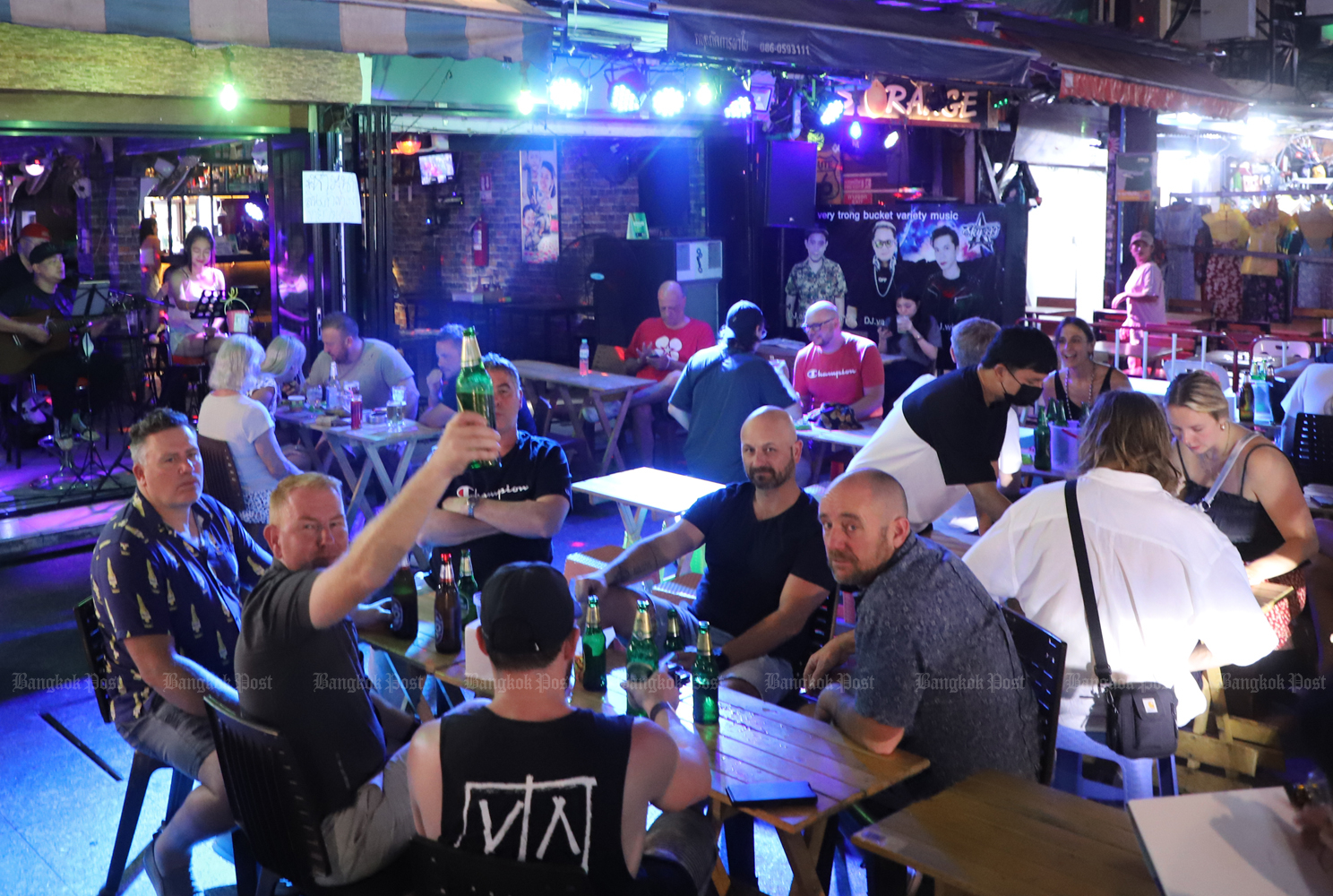
Thailand’s economy was still on a path to recovery in August on rebounding tourism and domestic demand, which would continue to support economic activity, the Bank of Thailand (BoT) said on Friday.
Rising costs and slower global demand were among the factors to be monitored, however, the central bank said in a statement.
Economic activity in September was likely to follow a steady recovery trend, BoT senior director Chayawadee Chai-Anant told a news briefing.
In August, the country recorded a current account deficit of US$3.5 billion (132 billion baht), down from a revised $4.2 billion (158 billion baht) in the previous month, it said.
The baht appreciated against the US dollar in August as markets began to anticipate an eased stance on interest rates from the US Federal Reserve, although that has since changed significantly.
As of Friday afternoon, the baht was trading at 37.80 per dollar.
Exports, a key driver of growth, rose 8.2% in August from a year ago, with imports up 23.8%, and a trade deficit of $1 billion.
The central bank noted that merchandise exports declined on the back of softened external demand, especially to China where exports of agro-manufacturing products and metals fell noticeably. Nonetheless, some export categories performed well including electronic and electrical goods and automotive products. The trade deficit, meanwhile, was inflated mainly by higher imports of fuel.
And while headline inflation rose slightly from the previous month to 7.86% on an annualised basis, mainly from fresh food and core inflation, energy inflation slowed in tandem with global crude oil prices.
Private consumption indicators remained close to the previous month thanks to increased spending in almost all categories except non-durable goods, the central bank said. However, higher living costs still weighed on consumption.
Private investment indicators improved, with investment in machinery and equipment increasing from import of capital goods and higher registrations of commercial vehicles.